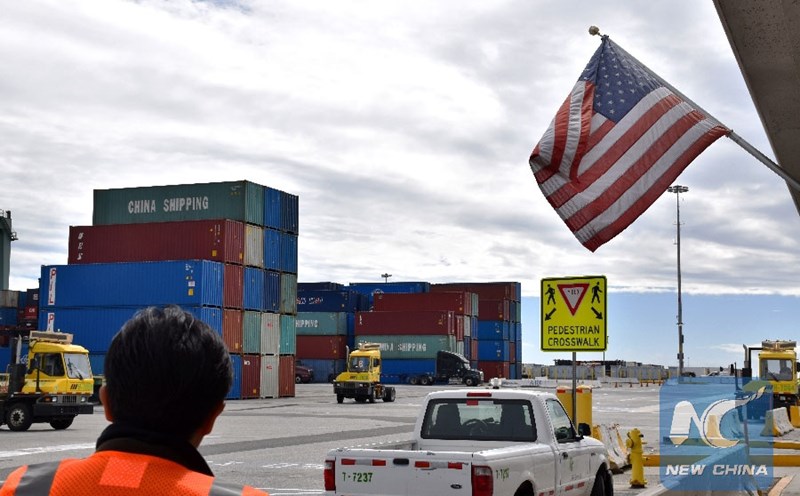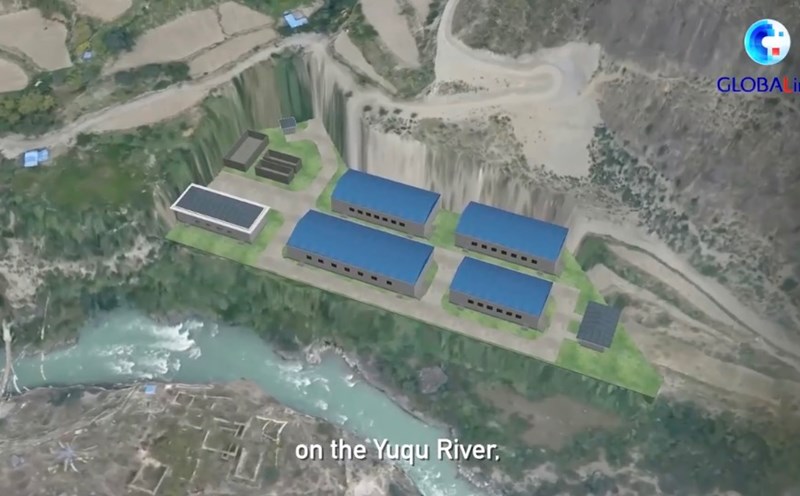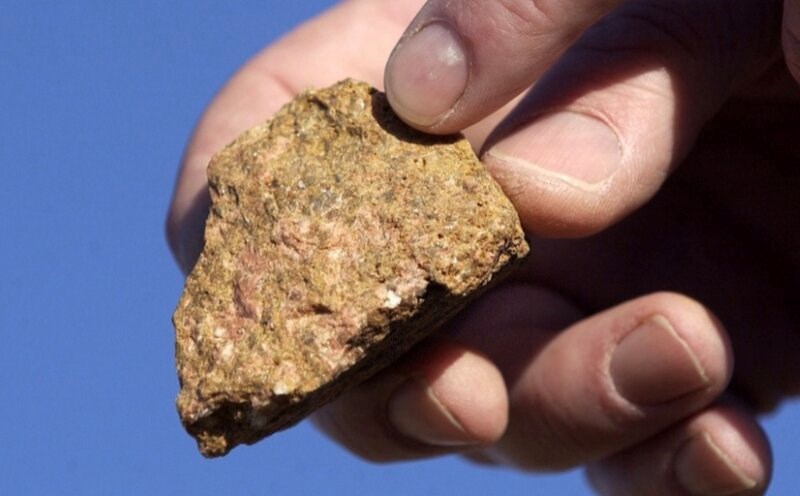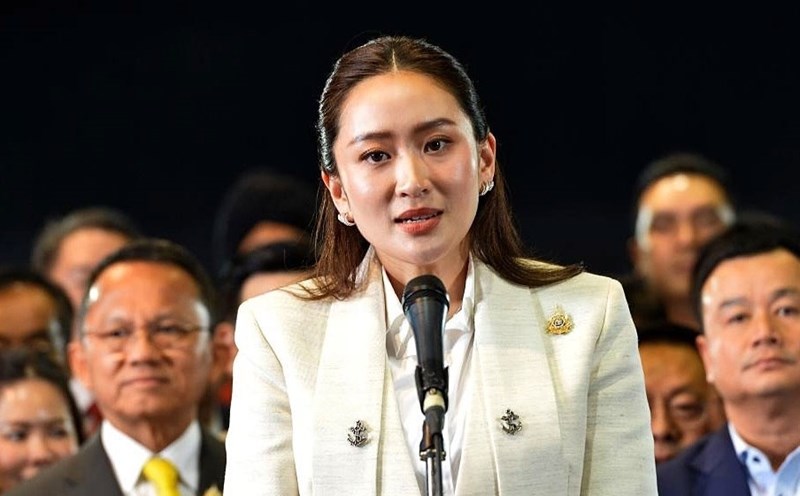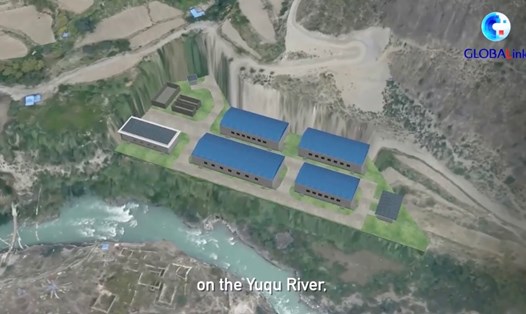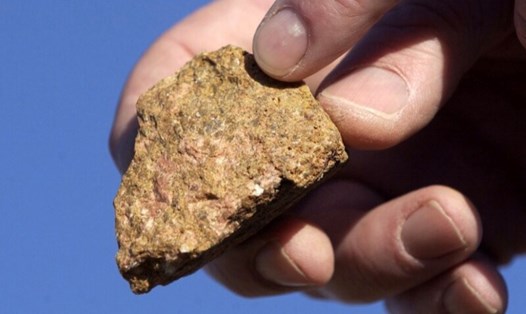The two sides emphasized the importance of enhancing cooperation and promoting common approaches to respond to global challenges.
Mr. Vuong Nghi said that Europe is currently facing many challenges, but there are no challenges from China. There is no conflict of basic interests between the two sides, on the contrary, China and the EU have many broad common interests, he said. According to the top Chinese diplomat, cooperation has always been a key theme and a steady pillar in bilateral relations, while differences need to be controlled through dialogue within the framework of cooperation.
2025 marks the 50th anniversary of China-EU diplomatic relations and the 80th anniversary of the founding of the United Nations, making the China-EU Summit ( Scheduled for July 24-25) even more meaningful. Mr. Vuong Nghi said that in the context of increasingly unstable international relations, China and the EU, two major forces and economies, need to increase exchanges, mutual understanding and build trust to protect international order and contribute to global stability.
Regarding security and peace, Mr. Vuong affirmed that despite differences in history, culture, and value, China and Europe should not consider each other as rivals. Distinguishments should not become causes of confrontation, but should be opportunities for both sides to learn, develop together and contribute to human civilization, he added.
For her part, Kaja Kallas stressed that the EU considers China a responsible partner with a great influence on global issues and reaffirmed its commitment to maintaining the "One China" policy. She also expressed her desire to coordinate with Beijing to prepare well for the upcoming EU-China Summit, while emphasizing the importance of an open dialogue to develop bilateral relations in a more constructive and balanced manner.
The EU also expressed its desire to promote fair cooperation in the economic and trade sector. The EU needs specific solutions to rebalance economic relations with China, ensure fair competition and expand market access, said Kallas. She also mentioned market disturbances, especially Chinas tightening of rare earth exports, which the EU said poses a risk to European businesses and disrupts the global supply chain.
In recent years, China- Europe economic relations have had many changes. China, a country that mainly exports mid-range and low-end goods, has now increased exports of high-tech products to Europe, creating fiercer competition. According to expert Jiang Feng, Chairman of the Shanghai National and Regional Research Association, this change needs to be viewed from a development perspective rather than politics. If it turns economic competition into security or politics, Europe could harm itself by losing healthy trade relations, he said.
Regarding the issue of rare earth - an essential resource in high technology and defense, China believes that export control is in line with international practices. According to independent expert Wu Chenhui, Beijing has approved a number of export applications, in accordance with regulations, to ensure the stability and safety of the global supply chain.
This strategic dialogue is considered an important preparation step for the China - EU Summit, expected to open up new cooperation prospects, handle differently in a constructive way and together shape the future of global development.

